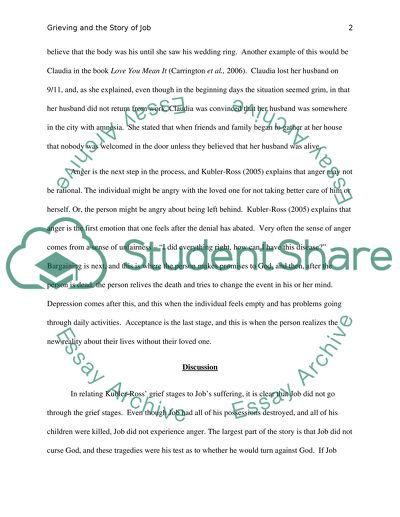Cite this document
(“Healthy Grief Essay Example | Topics and Well Written Essays - 1250 words”, n.d.)
Retrieved from https://studentshare.org/health-sciences-medicine/1452660-healthy-grief
Retrieved from https://studentshare.org/health-sciences-medicine/1452660-healthy-grief
(Healthy Grief Essay Example | Topics and Well Written Essays - 1250 Words)
https://studentshare.org/health-sciences-medicine/1452660-healthy-grief.
https://studentshare.org/health-sciences-medicine/1452660-healthy-grief.
“Healthy Grief Essay Example | Topics and Well Written Essays - 1250 Words”, n.d. https://studentshare.org/health-sciences-medicine/1452660-healthy-grief.


